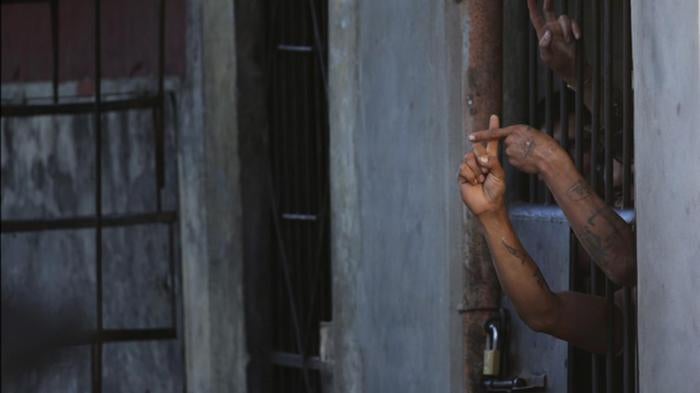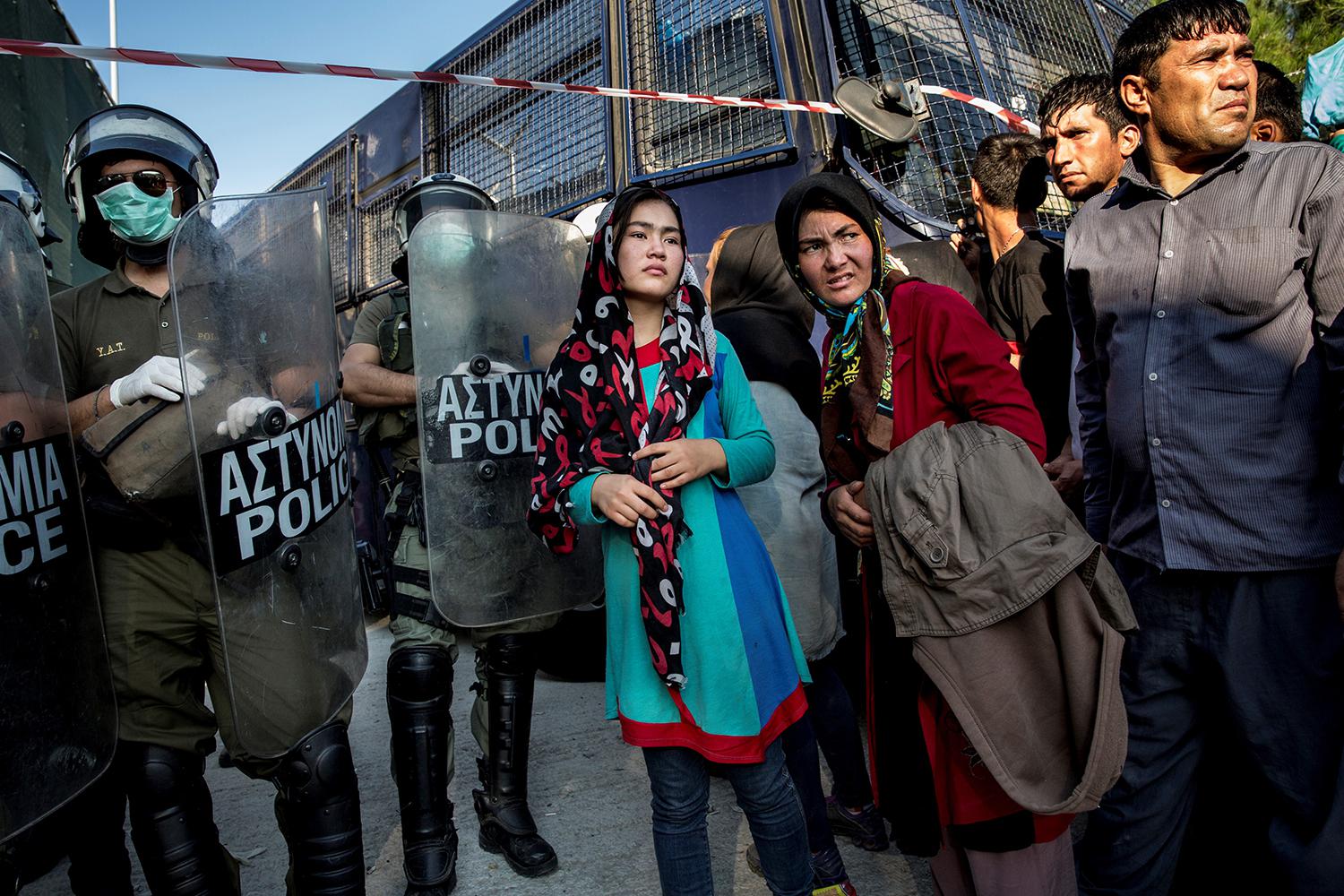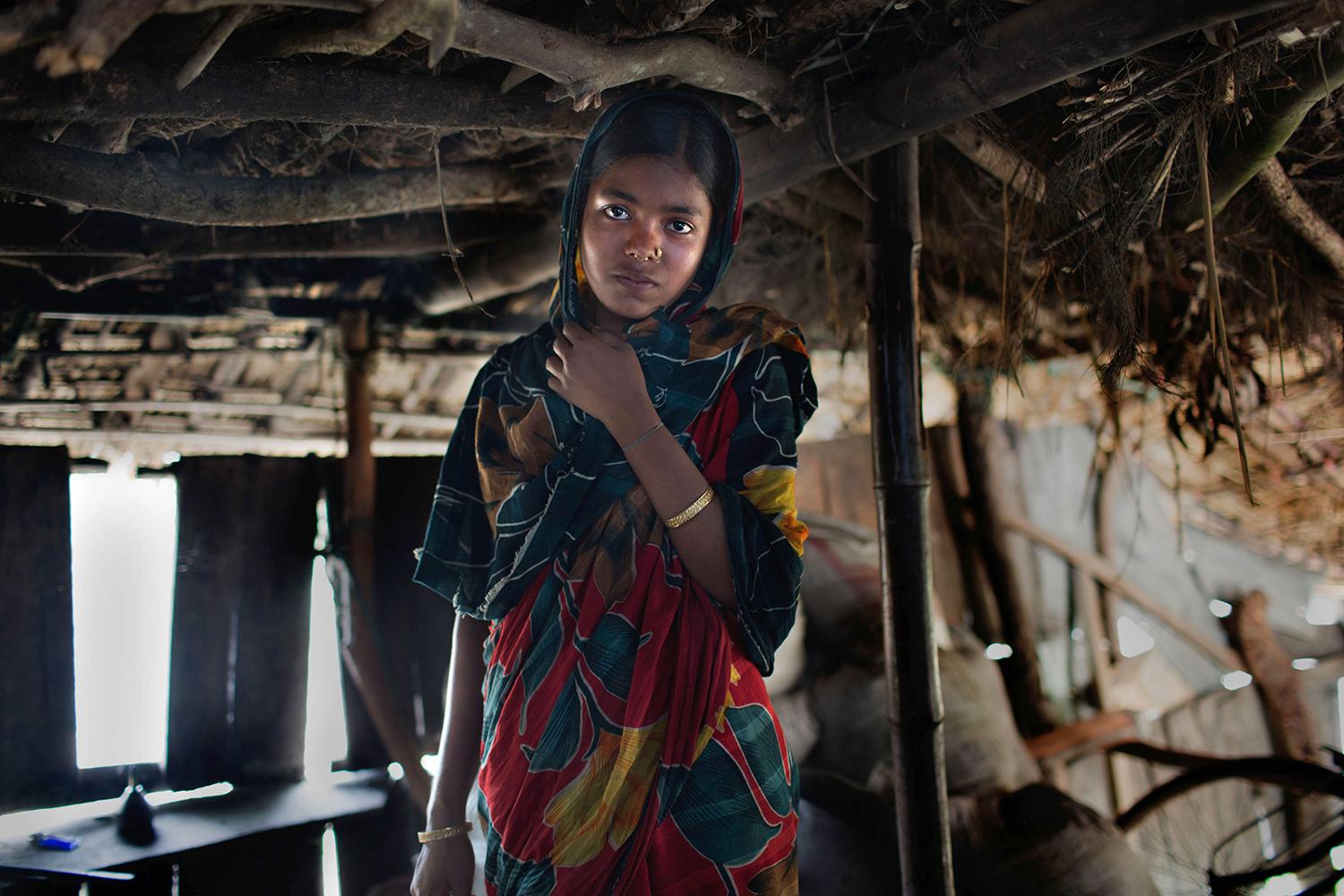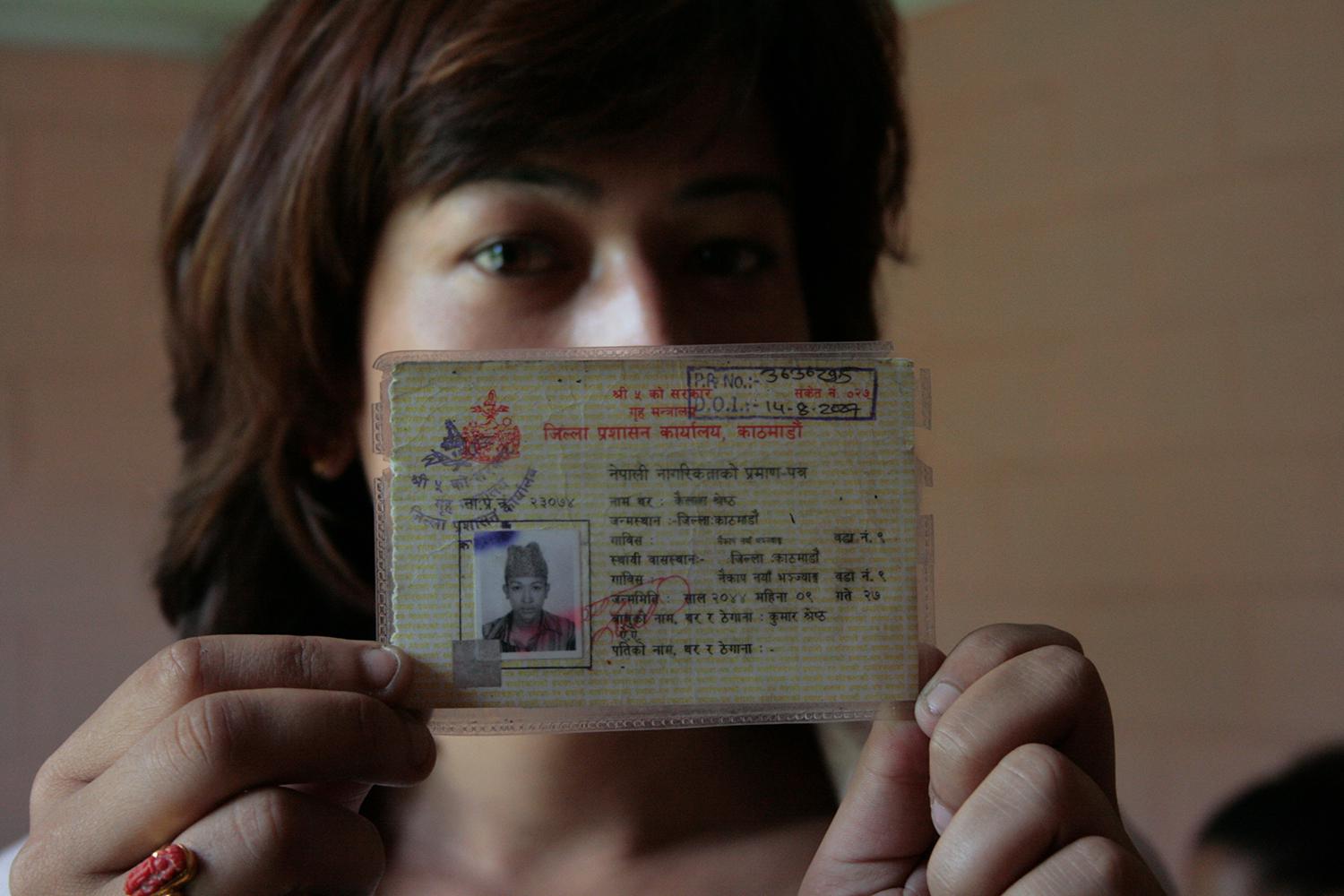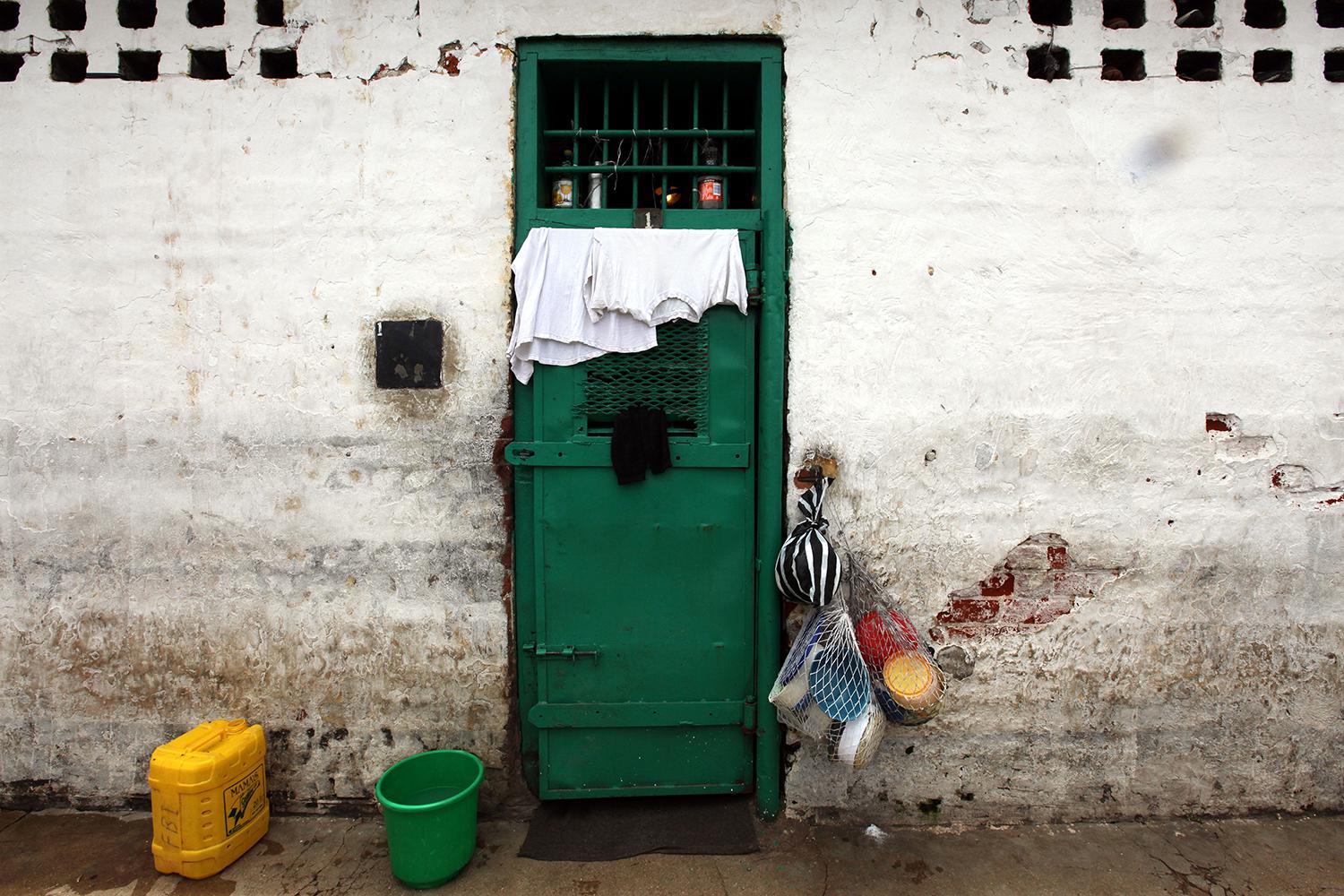Impunity for violent crime and for human rights violations remains a serious problem in Bolivia. Extensive and arbitrary use of pretrial detention—and trial delays—undermine defendants’ rights and contribute to prison overcrowding, despite recent legal reforms.
The administration of President Evo Morales has created a hostile environment for human rights defenders that undermines their ability to work independently. Threats to judicial independence, violence against women, and child labor are other major concerns.
Impunity for Abuses and Violent Crime
Bolivia has prosecuted only a few of the officials responsible for human rights violations committed under authoritarian governments between 1964 and 1982, according to the United Nations Human Rights Committee. A contributing factor has been the unwillingness of the armed forces to provide information on the fate of people killed or forcibly disappeared during this period. In March, the deputy solicitor general announced plans to create a truth commission to investigate these crimes, but the government has not yet defined its scope.
Efforts to bring to justice those allegedly responsible for killings during violent clashes in 2008 between supporters and opponents of President Morales have made little progress. As of September 2015, a La Paz court had yet to rule in a case involving Leopoldo Fernández, former prefect of Pando Department, and three local officials charged in 2008 for their roles in the killing of 13 people.
The government has not reopened an investigation into the April 2009 killing of two Hungarians (one of Bolivian birth) and an Irishman who the government alleged were mercenaries involved in a separatist plot. Police shot them dead after storming into their hotel rooms in Santa Cruz. Independent reports suggest that at least two of the three may have been extrajudicially executed.
Prosecutors have yet to investigate fully allegations that police in 2011 gagged, stripped, and beat protesters when dispersing a largely peaceful demonstration against a proposed highway in the Isiboro Secure National Park and Indigenous Territory (known as “TIPNIS”). In April 2015, the Attorney General’s Office dismissed the criminal case against a former vice minister of interior and at least 10 members of the National Police whom the Ombudsman’s Office had implicated in the violations.
The lack of justice has led to mob attacks (or “lynchings”) against citizens or police officers believed responsible for crimes. Ten people were killed in lynchings from January to November 2014, according to the UN High Commissioner for Human Rights. In September 2015, a mob tied a suspected criminal to a pole and beat him to death in El Alto, according to press reports. Impunity for lynchings remains the norm.
Military Abuses and Jurisdiction
Human rights violations against soldiers remain a problem. The Ombudsman’s Office reported that four soldiers died on military premises between January and August 2015, and no one has been held accountable for their deaths.
The Constitutional Court ruled in 2012 that a civilian court should have jurisdiction in the case of a conscript who died in 2011 following a combat training exercise during which instructors allegedly beat him on the head and chest. The court urged lawmakers to reform Bolivia’s military justice code to ensure that human rights violations are heard in civilian courts. In August 2015, a civilian court convicted three military officers for the conscript’s death, but, at time of writing, the code had not been reformed.
Judicial Independence
The Bolivian justice system has been plagued by corruption, delays, and political interference for years. The 2009 constitution provided for judicial elections to overhaul Bolivia’s highest courts, but the Plurinational Assembly selected candidates through a process that lacked transparency and did not adequately consider their qualifications. In January 2015, President Morales announced a new judicial reform process, but the government has not yet defined its scope.
Due Process and Prison Conditions
As of June, 78 percent of inmates in Bolivian prisons had not been convicted of a crime. Extended pretrial detention and trial delays have led to increased overcrowding and poor conditions in prisons. As of May, there were 13,793 inmates in prisons with a maximum capacity of 5,126.
A 2014 law decreased the maximum periods of pre-trial detention in most cases, but eliminated the maximums for certain crimes. Decrees adopted since 2012 allow the president to reduce the sentences of those convicted of crimes and pardon those in pretrial detention for minor crimes. As of August, more than 3,300 people had benefited from the changes.
Human Rights Defenders
Human rights defenders continue to face harassment and threats, including from government officials, undermining their ability to work independently.
In 2013, President Morales signed a law and adopted a decree granting the government broad powers to dissolve civil society organizations. Under the decree, any government office may request that that Ministry of Autonomy revoke an organization’s permit if it performs activities different from those listed in its bylaws, or if the organization’s legal representative is criminally sanctioned for carrying out activities that “undermine security or public order.” As of September 2015, a case brought by the Ombudsman’s Office challenging both provisions was still pending before the Constitutional Court.
In August 2015, Vice President García Linera accused four Bolivian NGOs of trying to “impede the development” of Bolivia; in June, President Morales said that any international NGO engaged in activities “detrimental to the exploitation of natural resources would have to leave Bolivia.”
In 2013, the government expelled the Danish nongovernmental organization IBIS, which had worked with indigenous groups, accusing it of engaging in “political interference.”
Freedom of Expression
While public debate is robust, the Morales administration periodically lashes out at journalists, accusing them without basis of publishing what it calls lies and politically motivated distortions. In September, the minister of the presidency accused local outlets of participating in an international conspiracy against Bolivia and President Morales.
Bolivia lacks transparent criteria for using government funds to purchase media advertisements, and some media companies have accused the government of discriminating against outlets that criticize government officials. There is no national law ensuring public access to information held by government bodies.
Indigenous Rights
The 2009 Bolivian Constitution includes comprehensive guarantees for the rights of indigenous groups, including collective land titling, intercultural education, prior consultation on development projects, and protection of indigenous justice systems. A 2011 law establishing jurisdictional boundaries between indigenous and ordinary justice systems has yet to be fully implemented.
Indigenous peoples’ right to free, prior, and informed consent (FPIC) regarding legislative or administrative measures that may affect them is not fully embodied in Bolivian legislation. A current mining law limits FPIC to the exploitation phase of land concessions, but international standards call for FPIC through all stages of projects that impact on indigenous peoples’ right to land and resources.
Gender-Based Violence and Reproductive Rights
Women and girls in Bolivia remain at high risk for gender-based violence, despite a 2013 law that sets forth comprehensive measures to prevent and prosecute violence against women. The law created the crime of “femicide” and called for the establishment of shelters for women, as well as special prosecutors and courts for gender-based crimes.
As of April 2015, a special police force created by the law had received some 60,000 complaints of gender-based violence, including 8,394 in 2015. In August, official sources reported that 115 “femicides” had occurred in Bolivia since 2013, and prosecutors had obtained convictions in 10 cases.
Women and girls face numerous obstacles to accessing reproductive health products, contraceptives, and services including abortion after rape (one of the few circumstances in Bolivia in which abortion is not penalized). Between 2008 and 2013, 775 women were criminally prosecuted for having an abortion, according to Ipas, a local nongovernmental organization, and thousands sought medical care for incomplete abortions.
In January 2015, the Health Ministry instructed public and private health services to comply with a 2014 Constitutional Court ruling that prior judicial authorization and prosecution of the alleged offender were not prerequisites for post-rape abortion.
Child Labor
In 2014, the Plurinational Assembly adopted legislation allowing children as young as 10 to work, violating international standards and making Bolivia the first country in the world to legalize employment at such a young age. In February 2015, the Ombudsman’s Office said that 850,000 children worked in Bolivia, most of them less than 14 years old.
Sexual Orientation and Gender Identity
Impunity for acts of violence and discrimination on grounds of sexual orientation or gender identity persist. No one has been held accountable for the killings of more than 55 LGBT persons since 2004, according to local groups.
The 2009 constitution defines marriage as the union of a man and a woman. A proposal to legalize civil unions remained pending before the Plurinational Assembly at time of writing.
Key International Actors
President Morales announced in 2013 that he was “seriously considering withdrawing” from the Inter-American Commission on Human Rights, but Bolivia participated in hearings there in 2015.
In July, during its review of Bolivia’s compliance with the Convention on the Elimination of Discrimination Against Women (CEDAW), the CEDAW Committee expressed concern at the prevalence of different forms of violence against women in Bolivia and the continuing impunity enjoyed by most perpetrators.
